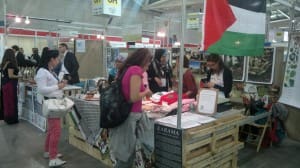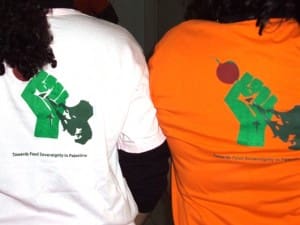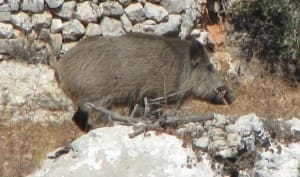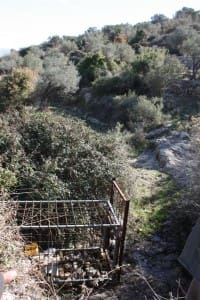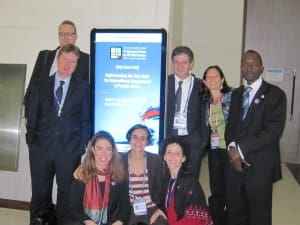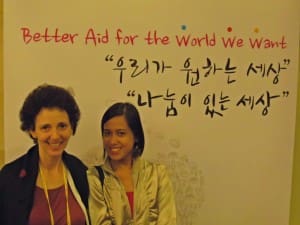In these days after Christmas, there is a sharp difference between life in Palestine and life in the U.S. Unlike most of the world, Christians in the U.S. often return to work, to life as usual, the very day after Christmas. I myself had to do this, and it just feels strange. In Palestine and elsewhere, Christmas is not just a day but a season. It is celebrated with joy, visiting, and general cheerfulness through Epiphany on January 6 and, for some, even beyond.
While our churches here are beautifully candlelit and meaningful, meditative services are held, there is nothing quite like the churches of Palestine where candles have burned brightly not for years but for centuries; where prayers have ascended in every language through war, peace, cold war, and some very cold peace. Today, it is so easy to look at Palestine at Christmas and slip into hopelessness. The hunger strikers are perilously close to collapse. The Apartheid Wall has sliced up the tiny enclaves of Palestinian life that had managed to survive under occupation. Gaza is, again, decimated by a military machine rivaled by only one larger nation on the planet.
It’s hard not to be afraid, isn’t it?
The news of the horrific shooting at the school in Connecticut reached Palestine quickly. On the day after the shooting, pictures circulated the internet showing Palestinian children standing in vigil for the child victims in Newtown, Connecticut. I had to blink and look again: did I just see kids who live under occupation, all of whom are well familiar with the sound of gunfire on their own streets standing in solidarity with kids in an American suburb? I’ve come to the conclusion that the world is not a safe place for children.
Very hard not to be afraid.
Yet the shepherds—the ones for whom Shepherds’ Field in Bethlehem is named—heard the angel whisper, “Do not be afraid…” I can only imagine how frightened these lowly, uneducated men would feel at the sudden appearance of an angel. Of course they’d be afraid!
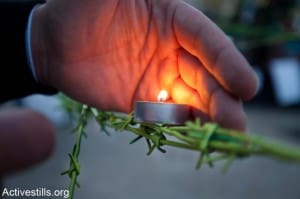
I don’t know how Palestinian mothers do it. It’s easy to rock your kids to sleep with just a few words of a lullaby if the world around you is calm and serene. How do you coax your child to sleep when she has been roused in the middle of the night by soldiers bursting through the door? How do you remember the words to a lullaby when your husband has been missing for six days after walking in a funeral procession?
Maybe it’s faith that enables these mothers to function. Or maybe they’re numb. Maybe years and years and years of occupation have turned their faith from a dynamic, organic expression of the soul into a concrete cocoon inside which they can feel nothing, not even fear.
While Epiphany is still a few days away, the Feast of the Holy Innocents is almost upon us (December 28). All over the world, Christians will solemnly remember the children who were slain by order of King Herod in an attempt to avert the loss of his reign to “the newborn king”—the Christ child—about whom the Magi had told him. Our world is still a fearful place for children from Connecticut to Bethlehem, now more than ever.
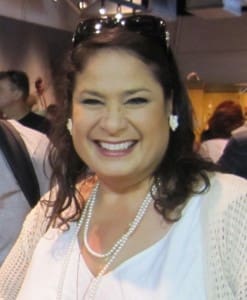 Vicki Tamoush is a second-generation Arab American who lives in Tustin, California. She holds a Bachelor’s degree in English from the University of California, Irvine and is founder of Interfaith Witnesses. Vicki writes regularly for The View from My Window in Palestine.
Vicki Tamoush is a second-generation Arab American who lives in Tustin, California. She holds a Bachelor’s degree in English from the University of California, Irvine and is founder of Interfaith Witnesses. Vicki writes regularly for The View from My Window in Palestine.
